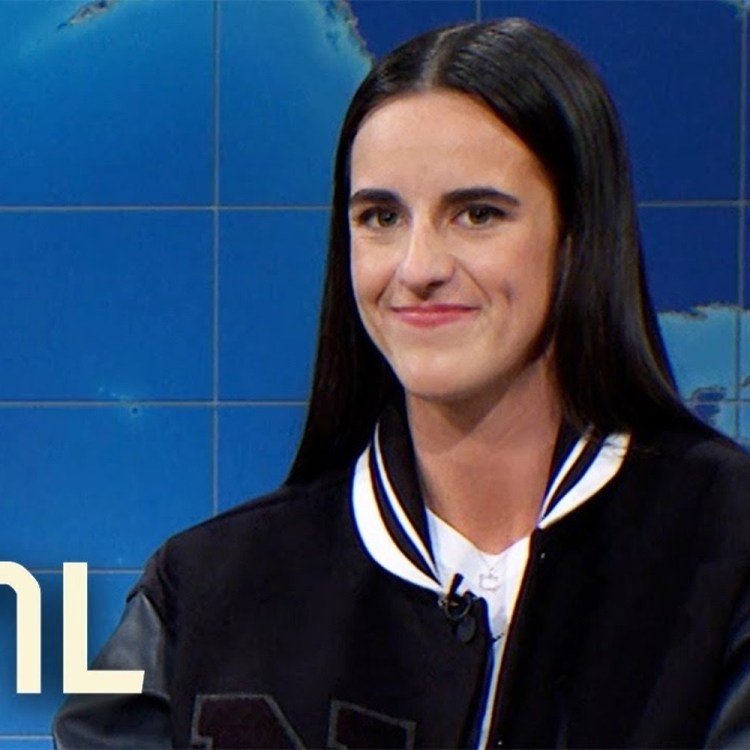With The Deuce, his new HBO series co-created with George Pelecanos, David Simon goes back to the Times Square of 1971, where pornography is on the rise and prostitution is thriving.
Times Square today is a very different place, as the average tourist rarely encounters anything more vexing than the wait time at Red Lobster.
While the sex trade may no longer so blatantly confront visitors to Manhattan, it still very much exists in New York and around the world.
Simon explains why these uniquely challenging issues make the drug trade seem borderline simple by comparison. (And when Simon speaks, you should listen—this journalist-turned-TV icon’s work inspires such passion that presidents demand the chance to interview him.)
Sympathy for the “product.” One classic photo op of the war on drugs is a press conference displaying massive amounts of seized narcotics. (Often after everyone gets a look, the drugs are destroyed on camera.) It’s a nice way to highlight that there’s a problem, but also reassure the public that action is being taken.
It doesn’t work with the sex trade. “With pornography and sex work, the product is human,” Simon told RealClearLife. Indeed, frequently the most vulnerable of humans. There is often a connection between prostitution and human trafficking, meaning it involves people “who are not entirely voluntarily engaged in their exploitation.”
Even those who willingly enter the trade may lack other choices. If you’re poor, uneducated and female, this may be the most lucrative option you have. (Indeed, this may seem the only option you have.)
Understandably, all this makes Simon wary of “just rounding people up.” Sometimes these arrests turn downright farcical: a member of the NYPD working undercover prostitution busts was recently accused of actually having sex with six women. It’s reasonable to ask: What exactly is this accomplishing?
Simon is particularly troubled by the fact that we’re often “pretending to a morality we don’t actually possess.”
“I don’t think Americans have ever figured out how to reconcile their pretensions to Puritanism with the fact we are incredible consumers of sex work and porn,” Simon said.
Those are very strong arguments against having, if you will, a war on the sex trade. This is where it gets complicated.
Handling human trafficking. Simon pointed out there are equally compelling reasons to avoid complete deregulation: “If you don’t have any established norms or regulation of the market for sex, you’re basically encouraging the continued transport of people.”
Again, this is far more complex than, for instance, legalizing marijuana. While it’s certainly possible for adults by their own free will to make an informed decision to engage in sex work, there are also a frightening number of cases of people, often underage, being forced to participate right here in the U.S. and around the planet as well.
Already confused and disturbed? Let’s bring pornography into the equation.
“Just because HBO makes a show, I don’t think anybody reconsiders the parameters of human sexuality.” – David Simon, creator of ‘The Wire’ and ‘The Deuce’
The troubling evolution of adult film. “The manner in which men now feel empowered to address women in a public setting, you can’t tell me it’s not affected by the last half century of increasingly misogynistic pornography,” Simon said. (He termed the XXX films from the time The Deuce documents as, by comparison, “pretty damned innocent.”)
Simon noted that misogynistic porn, coupled with the rise of the Internet and social media, has resulted in a world where “any woman who attempts to address politics or culture in a public forum” can expect an inbox full of horrifying messages from men. (That was certainly RealClearLife’s finding on GamerGate.)
“I think it probably coarsens all of us,” Simon said. “It’s changed the dynamic with which men and women view each other, sexually and culturally.”
For those who find this an overstatement, consider…
Today’s age of exposure. “Hey, when I was 12, the adventure was to see if I could find my dad’s Playboy,” Simon remembered. “And then when you did acquire the Playboy, it told you a little about what you were chasing, but it left a lot to mystery.” Simon noted this is quite “quaint” compared to “what’s available to a 12-year-old now with a couple of keystrokes.”
“The unregulated accessibility of this, to me, does seem to have a cost,” Simon said.
But again, there’s no simple solution. Simon also noted, “That’s not an argument for enforcing obscenity laws that I think are impractical in a free society. It’s not an argument for criminalizing sex work.”
Similarly, Simon feels that getting into porn is “a bad choice for a human being to make.” But bad not for moral reasons, but for ones related to economics and basic quality of life—the same way he believes “it’s a bad choice to go down a coal mine.”
So what are the goals for The Deuce in addressing sex work? Simon doesn’t expect it to trigger an immediate revolution: “Just because HBO makes a show, I don’t think anybody reconsiders the parameters of human sexuality.” Yet he sees potential for a small step forward: “If we do our jobs, we make people pause and think about where we’re going and what the costs of that are.”
Indeed, while thoughtful television cannot magically make misogynistic porn go away, Simon said it might offer a glimmer of hope: “There’s no way to get rid of it, but there has to be a way to counter it and bluntly acknowledge for the first time where it’s gone.”
[Additional reporting by Jason Lindner.]
This article was featured in the InsideHook newsletter. Sign up now.























